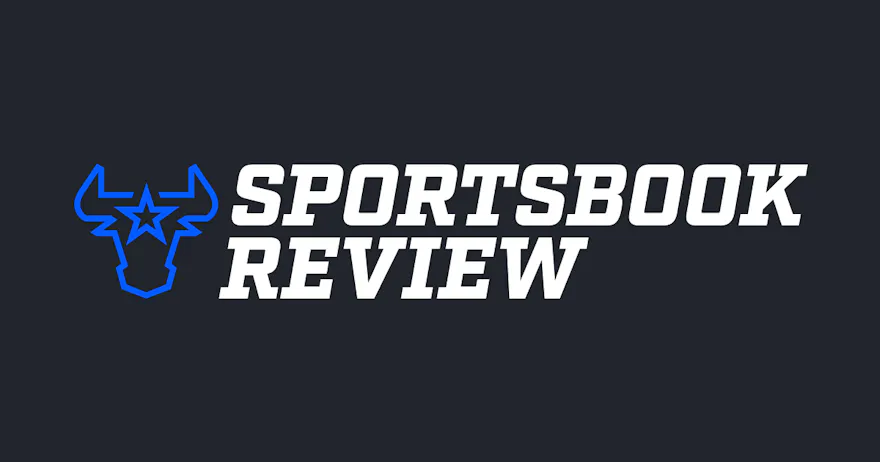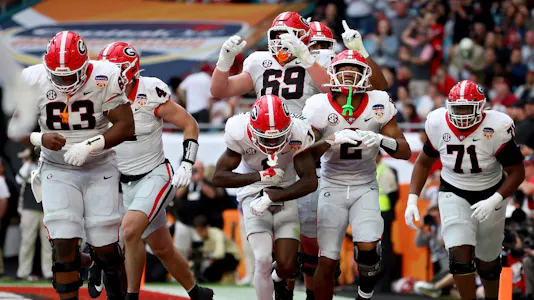Two Heavyweight States Take Different Paths on College Sports Betting

The U.S. legal sports betting industry has come an awful long way in the last few years. Once a taboo subject among North American sports leagues, their teams, and individual players, the mainstreaming of legal sports betting across the country has been swift.
Since the 2018 Supreme Court decision to overturn its blanket ban on sports betting across the country, over half of U.S. states now host their own legal sports betting platforms and all are thriving as the end of 2021 nears.
But there are still some touchy areas when discussing legal sports wagering in the U.S. One of the intriguing sticking points became more evident just last week as one of the heavyweight jurisdictions in the country rejected the idea of betting on college sports, while another top-tier betting state decided on expanding its wagering menus to include university athletics.
"The integrity of the game" is still a hot-button issue in some jurisdictions, despite over three years of data across the country showing little betting industry influence on athletes.
New Jersey says "No"
New Jersey, fresh off the U.S. industry's first-ever billion-dollar month, voted down the expansion of its incredibly popular legal sports betting platform last week. Voters rejected a ballot measure that would have allowed college sports wagering, so bettors in New Jersey won't be able to wager on their beloved Rutgers, Seton Hall, Princeton, and other college sports programs.
New Jersey has become an unquestioned leader with regard to its stance on the legal sports betting industry, but the state fell flat in this latest vote. An already off-the-charts wagering culture will miss out on a huge college sports betting revenue stream going forward.
"One potential concern with lifting the ban may have been that college athletes would feel more pressure and/or face more scrutiny on social media because of the added attention and money involved," said Jane Bokunewicz, director of the Lloyd Levenson Institute at Stockton University, which studies the gambling industry. "This is something that professional athletes have faced, with some questioning whether sports betting was a contributing factor."
Illinois says "Yes"
Illinois has taken a different approach to New Jersey - deciding that college sports betting will be allowed at the state's sportsbooks. House Bill 3136, which expands wagering menus in the state, easily passed Thursday with bipartisan support but with a couple of restrictions.
The main mandated restriction comes in the form of in-person college sports wagers only. At first, Illinois bettors will not be able to place a bet on Illinois or other college teams remotely - they will have to be made at retail casinos in the state.
Another interesting restriction comes in the form of the bet types available for college bettors in the state. Bets on college sports teams in Illinois will be restricted to "outcome of the game" wagers which include game spreads and totals. Individual performance bets such as player props will be prohibited for now.
"Having those restrictions, having that phase in, and having it for a couple of years to look at that, if there isn’t issues then we can look at lifting the restrictions or even eliminating it," regulators concluded. "If there (are) issues then we can say it is not a good idea as a state to allow this."
Debate still rages
The subject of legal sports betting in the U.S. still, despite three and a half years of operation, doesn’t have consensus on a host of topics, and likely never will. In 2018, the Supreme Court gave every state power to decide on their own fate with regard to legal sports betting and the individual states are using their mandated power to determine what is right for them.
What we have seen is a theme of evolution within the U.S. legal sports betting scene. New Jersey, by far the most successful jurisdiction in the country, may eventually allow for college sports betting, but not right now. With more states coming on board, more data is being generated about the impact, or lack there of, gambling’s affect on collegiate athletics.
The debate still rages, but the smart money is on New Jersey eventually coming around and taking a measured approach on university athletics betting, just as Illinois has. Just when is anyone’s guess.







